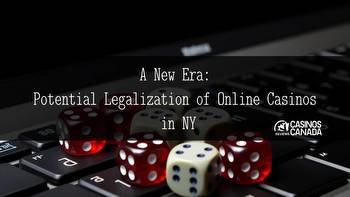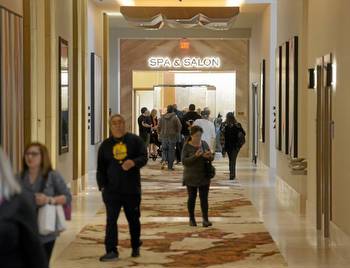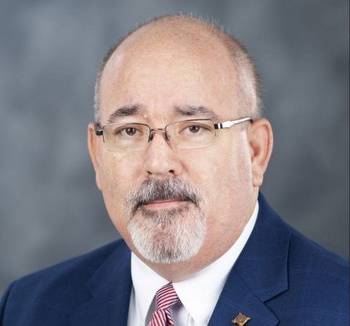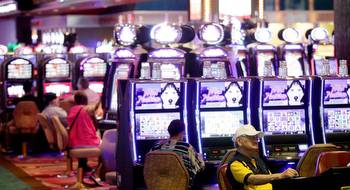Californians should embrace legal, well-regulated gambling

Efforts to discourage voters from supporting legal sports betting in California are relying heavily on hyperbole and misinformation to sway public opinion.
Whether it be exaggerated claims or malicious mischaracterizations, those who oppose sports betting in the Golden State seem intent on portraying gambling as inherently evil.
It would be folly to argue gambling is entirely without risk. Obviously, it’s not.
However, legal gambling does have an upside, such as job creation, community philanthropy, tax revenue and, as is evident by California tribal casinos, economic advancement and opportunity.
According to the American Gaming Association, California tribal casinos directly employ more than 124,000 people. The California Gambling Control Commission says California card rooms employ more than 17,000 people.
When ancillary and complementary jobs and racetrack and state lottery workers are added, the total number of people working because of legal gambling swells to more than 150,000.
Then there is the positive economic effect legal gaming has on states and local communities. Casinos don’t just generate revenue for their operations, although they are quite proficient at that. Legal gambling generates tourism dollars for restaurants, bars, nightclubs, retail stores and more.
The AGA estimates California’s tribal casinos are responsible for almost $20 billion in economic impact. A 2013 study of the state’s card rooms found they helped generate another $1.8 billion annually.
And what would an industry in California be if it didn’t generate tax revenue for state coffers? Casino gambling in California is responsible for nearly $3.45 billion in taxes and tribal revenue sharing. Cardrooms chip in another $270 million-$300 million in taxes each year.
The most important reason to support legal sports gambling in California, however, is prohibition accomplishes nothing.
The AGA estimates nearly three out of every four internet searches for sports gambling in California are leading people to illicit, offshore black-market sportsbooks. Regulated gaming markets have a responsibility to protect customers, while black markets are under no such obligation.
Could the legal gambling industry do more to protect those who are most vulnerable? Yes. However, even with the somewhat limited emphasis the legal industry has placed on responsible gambling, the black market is doing even less.
Even if one chooses to ignore the benefits, the simple truth is that legal sports betting in California would not come at any great cost to society. The overwhelming majority of people who gamble do so responsibly.
According to the National Council on Problem Gambling, about 85% of U.S. adults (219.5 million people) have gambled at some point in their lives, with 60% (155 million) having done so within the past year.
Yet, roughly only 1% of the U.S. population (2 million people) is unable to control its betting behavior, according to the NCPG. Another 2%-3% would meet the criteria for mild or moderate gambling issues.
Since the U.S. Supreme Court overturned a federal ban in 2018, 30 states and the District of Columbia have launched legal sports betting. Online sports gambling is available in the majority of those states.
In the past four years, more than $1.5 billion has been generated in taxes for states to spend on education, seniors, children and social services. Millions of dollars also have been directed toward problem gambling programs.
That’s money that would not exist without a legal, regulated gambling market.
Ultimately, California voters will have the final say in November. Hopefully, they are not influenced by seemingly well-intentioned but misguided arguments that prefer prohibition over the logic of regulation.
David Danzis is the managing editor at PlayCA, which covers and analyzes gambling in California.

































